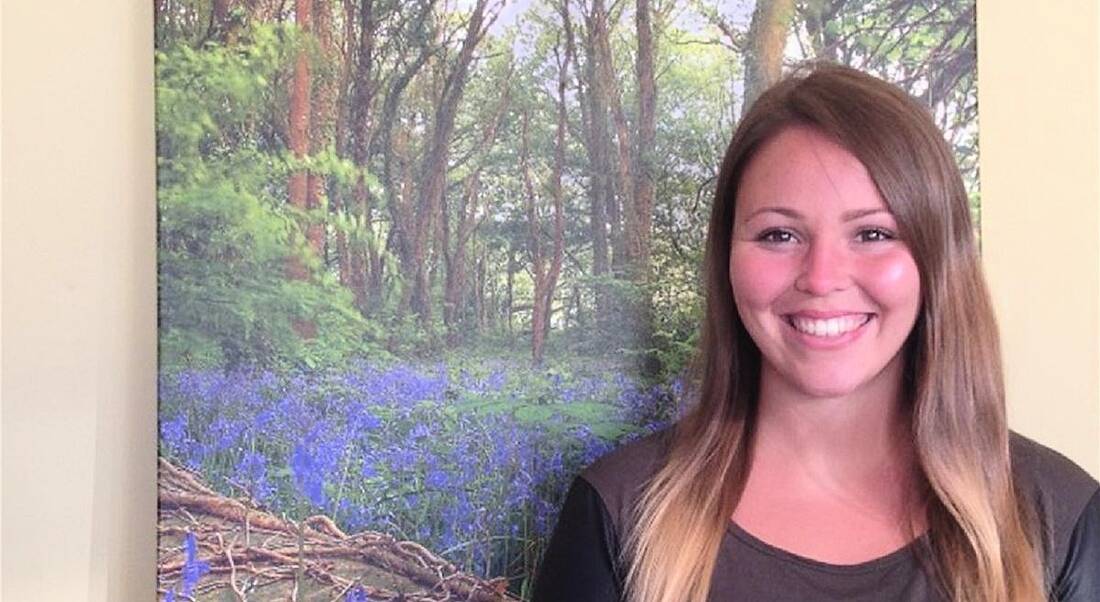You know that all software needs to be tested constantly to make sure it works. But what does a software tester do on a typical day? How do they stay on top of various projects? And what skills do they need to have?
Emmajane Morgan is an associate consultant with Version 1, working in the area of software testing.
She gave us an idea of what a typical day looks like for her, providing insight on how she stays organised and what she has picked up along the way.
What is your role within this company?
I am an associate consultant, working in the area of software testing.
If there is such a thing, can you describe a typical day in the job?
Typically, I start early at 8am. As a tester with experience on a couple of projects, I usually begin my day logging into the test management tool used by my team (in this case, QC). This tool acts as a medium for which I can raise bugs/defects and communicate my issues with various stakeholders (developers, DBAs, BAS etc).
Here I check to see if any of the issues that I have raised have come back to me as fixed, and if I can retest and pass these, or send them back as failed again. I log as much detail as possible regarding these issues to allow for a speedy turnaround. I have a daily scrum meeting with my team where we can identify blockers and emphasise the need for a quick turnaround on these.
After this, I continue running through new test cases and raise more defects where I find them. Toward the end of the day, I will review the test cases that I have ran so far and ensure that if a defect was fixed, I note that in the associated test.
What types of project do you work on?
I am currently working on a temperature management solution project, which ensures that pharmaceutical products are consistently stored, transported and handled under suitable conditions, as required by the marketing authorisation or product specifications.
Previously, I worked on a project that was implementing a comprehensive end-to-end standard insurance solution to replace the archaic system.
What skills do you use on a daily basis?
Clear communication skills – detailing issues with development teams for a quick defect turnaround, gathering and documenting test data, decision-making to define appropriate tests, and navigating SQL developer and quality centre.
What is the hardest part of your working day?
Optimising my time when an environment goes down. It is important to be aware of what other jobs can be done if testing is blocked (ie test case creation/reviews). On my current project, I also work remotely fortnightly, so sometimes communicating issues with my team members is more difficult.
Do you have any productivity tips that help you through the working day?
Organisation is key for me! Keeping a notebook by my side is vital – here I can note exactly which test cases or defects are causing issues. When I see an issue reoccurring, I know exactly where to go to view my notes on it. Or if an issue is fixed, I know what test cases this issue once affected and now these can be retested and passed. Noting test data that can be used over and over again is also very practical.
When you first started this job, what were you most surprised to learn was important in the role?
Understanding that the business owner’s opinions are key – it’s very easy to have your own opinion about a system and to know that it works but you have to see it through the customer’s eyes and work to meet their expectations, not just what you think is acceptable.
How has this role changed as the tech sector has grown and evolved?
From a software development point of view, testing is thought of as a necessary evil that needed to be faster, always. I have learned first-hand how this is true. The insurance project that I worked on required automated testing – something I had no experience of and had to become acquainted with very quickly.
I believe testers now need new skills and perhaps new tools for testing, which will include more emphasis on languages, platforms, operating systems, databases etc. For me, I had to learn about a new tool and refresh my very rusty knowledge of Java.
What do you enjoy most about the job?
In the automated testing role especially, I loved the challenge of learning to use a tool and language that I had little to no experience with. Even in my current role as a manual tester, I am challenged with the task of deciphering requirement documents, creating test cases and ensuring that every fragment of the system is tested as best we can.
Working in a team with helpful, encouraging people is by far the best thing about my job and gaining the respect from my customer and knowing that they trust me with their project.
Looking for jobs in tech or science? Check out our Employer Profiles for information on companies hiring right now and sign up for our Career Republic e-zine for a weekly digest of sci-tech careers news and advice.




